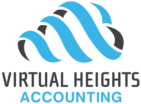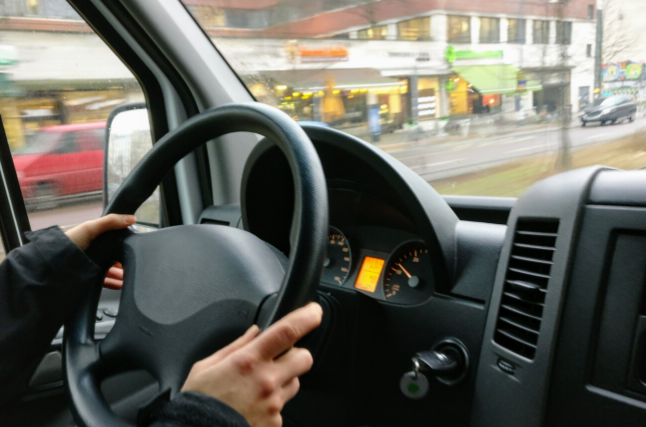Yes, you do! But please don’t stop reading. There are important things you need to know about keeping track of your business mileage. If you have a vehicle you own personally but also use for business, you must keep a vehicle expense logbook (also known as a mileage book).
Why a Mileage Book is Important
You can only deduct vehicle expenses for the portion of expenses that relate to your business.
Keeping track of all your trips (both personal and business) is the only way to know how to split vehicle costs (such as fuel, insurance, repairs, and maintenance) between business and personal use. For example, let’s say you drive a total of 20,000 kilometres in the year and 8,000 of those kilometres are for business. That works out to 40% business use (8,000/20,000), so you can claim 40% of your total vehicle expenses on your business tax return.
The mileage logbook is proof that you are claiming the correct amount on your business return. It’s very important that you keep your receipts. The logbook alone won’t satisfy the Canada Revenue Agency’s documentation requirements. You need the receipts to prove you spent the money (and where you spent it) and the logbook to prove the business portion.
What to Include in Your Mileage Book
If you only want to record your business trips, make sure you record your vehicle’s odometer reading at the start and end of every fiscal year. Then, for each business trip you take, record the date, destination, purpose, and kilometres driven.
What Does CRA Consider a Business Trip?
A business trip is any trip required to run your business. The reason for the trip can vary depending on your industry. Here are a few examples:
- Picking up supplies,
- Delivering goods to customers,
- Driving to a workshop, conference, or other business-related event.
If you work outside your home, driving to and from your office every day is not considered an eligible business expense by the CRA. This is the equivalent of an employee driving to and from their job.
Simplified Logbook
Once you have kept a logbook for one full year, CRA allows you, in the following years, to keep a simplified logbook for only three months to establish the business use of the vehicle as long as the business usage is within 10% of the rate established in the full year. The first full year is considered the base year by CRA.
Mileage Tracking Apps
If stashing a notebook in your vehicle and remembering to record your trips every time you go anywhere isn’t your thing, consider using a mileage tracking app. Mileage tracking apps work with the built in GPS on your phone.
We like MileIQ which is free up to 40 drives per month and allows you to enter the required CRA details like date and purpose of the trip. It’s available in iOS or Android and is also accessible from your desktop.
Other mileage tracking apps to check out are TripLog (iOS and Android) and Everlance (also available for iOS and Android).
If you decide to use a mileage tracking app, be sure to record all the trip details noted above, in case you are ever audited.
Eligible Vehicle Expenses
Here’s a list of vehicle expenses CRA allows you to claim on your business tax return:
- licence and registration fees,
- fuel and oil costs,
- insurance,
- interest on money borrowed to buy a vehicle,
- maintenance and repairs,
- leasing costs.
If you have questions about eligible vehicle expenses, keeping track of your vehicle expenses, or setting up your mileage logbook, get in touch, we’re happy to help!





